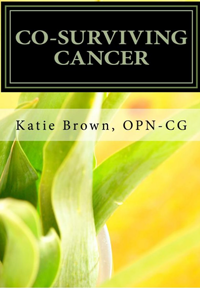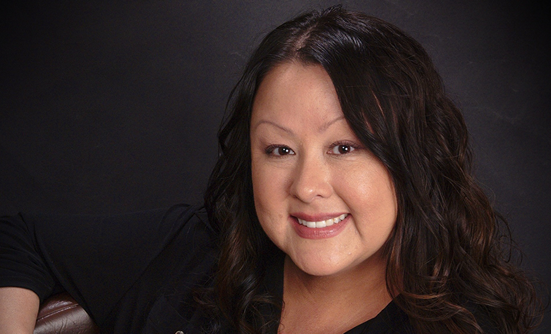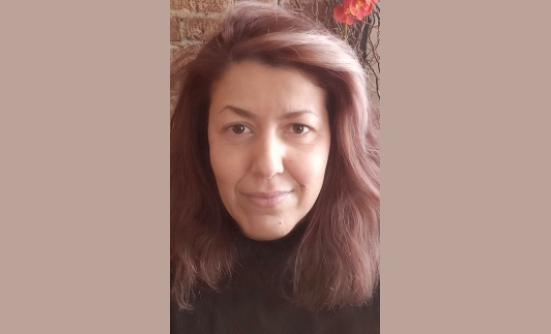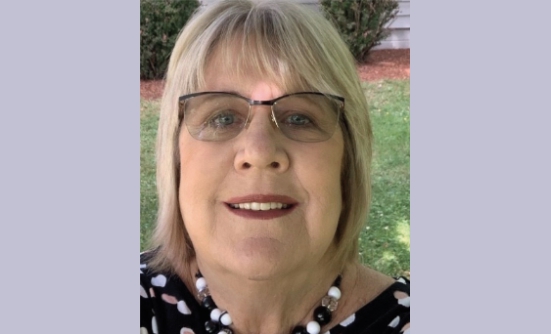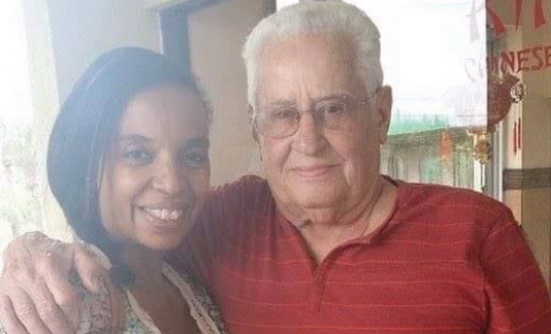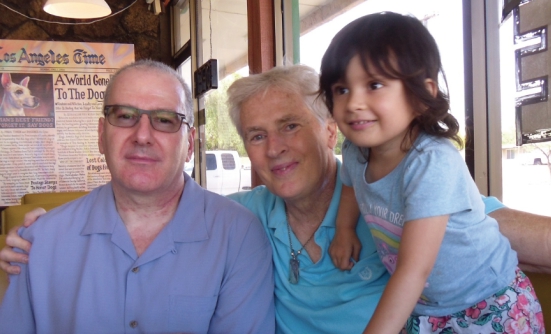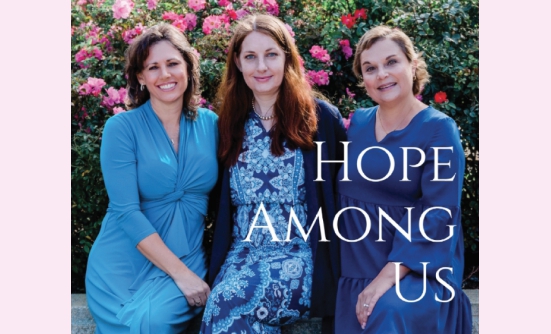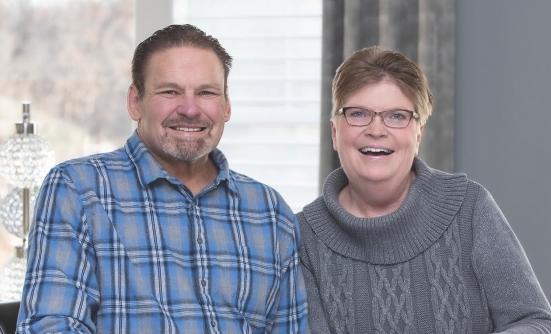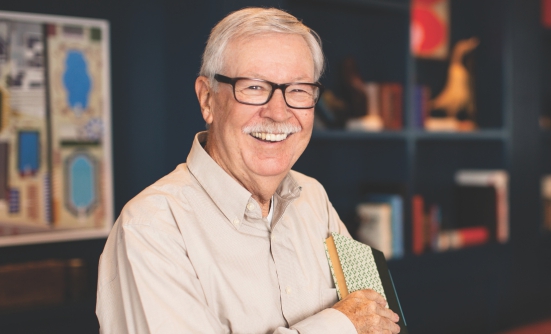I have had the unique perspective of being a patient with cancer and a cancer caregiver. As a patient, I felt supported by my medical team and caregivers. The road map for my care and treatment was handed to me in a stack of paperwork, booklets, and websites. As the caregiver for my father, who had late-stage lung cancer in 2002, I didn’t feel supported at all.
As is the case with many other caregivers, the role of a caregiver fell to me by default, and I stepped into that role without hesitation. I dove head first into the medical community, insurance issues, cancer care, and patient advocacy.
I received no training or guidance, and there was little support offered to our family. Pretty much everything we experienced was trial by fire. I was frustrated, and isolated, and gradually became exhausted.
Where to Begin?
What did all these new medical terms mean? Who were the members of my father’s medical team, and what did they do? What type and stage of cancer did he have? What were the treatment options available to him, and what, exactly, were “clinical trials”?
Where could we go for financial or emotional support? How were we supposed to communicate our feelings and frustrations with each other? What about end-of-life issues, and how does a family discuss that?
It was a given that I would be at every doctor’s appointment and every chemotherapy treatment. The pharmacy techs all knew my face when I came to pick up his medications. Everything I had been doing in my life—being a wife, a mom to a 4-year-old boy, attending my last year of school, and working full-time—all had to be juggled with being a caregiver for my dad. It was the most difficult period in our lives, and, in hindsight, there were so many things that could have made things easier for us.
What if caregiving for someone with cancer came with a road map, some support, and a lot less trauma? What if everyone in a family had defined roles, and long-distance caregivers and supporters contributed to the cancer support team?
Translating Experience into Empathy
Over the years in my role as Vice President of Support and Survivorship for LUNGevity Foundation, I’ve learned a great deal about caregiving challenges and unmet needs. Although each cancer experience is different and every caregiving experience is just as different, there are many common feelings, emotions, and practical hurdles that we all face. I’ve benefited from a lot of resources, collaboration within the cancer community, and professional training.
New cancer caregivers don’t have a decade to learn all the things I have over the years. And caregivers don’t have a medical team caring for them.
Most caregivers I have spoken to feel honored to care for someone they love, but those same people also report feeling very overwhelmed sometimes. They are not given a handbook or any training on how to deal with the cancer diagnosis of a loved one.
A Guide to Caregivers
My new book—Co-Surviving Cancer: The Guide for Caregivers, Family Members and Friends of Adults Living with Cancer—is just as the title suggests: a caregiver’s guide to understanding their caregiving role.
This book is packed with specific advice for caregivers, including helpful questions every caregiver should know to ask, what to make of your changing relationship with your loved ones, ways to get organized, and how to make the most of this unique experience.
In the beginning of a cancer diagnosis, a caregiver is trying to understand the disease, the complexities of the healthcare system, the treatment options, and other practical issues. Once treatment is underway, issues such as getting second opinions, side-effect management, employment, and financial concerns may arise.
Throughout the cancer experience, patients and caregivers may experience communication challenges, emotional fatigue, and depression.
Co-Surviving Cancer breaks caregiving responsibilities into bite-size sections, addressing the issues pertinent to caregiving in an easy-to-read, thoughtful way.
A few of the many sections in the book are:
- “Talking to Your Employer”
- “Long Distance Caregiving”
- “Psychosocial Help”
- “Grief and Bereavement”
- “Caregiver Fatigue”
- “Organizations That Support Caregivers”
There is space within this guide to create lists and document important information, as well as conversation bullet points to encourage conversation and selfreflection. There is also a resource section of additional resources that caregivers can utilize to help their patient.
This book has now been added to patient education materials given at the time of diagnosis at several cancer centers, including Medical City Las Colinas and Texas Health Southlake, and it has been provided to oncology patient navigators of the North Texas Chapter of the Academy of Oncology Nurse & Patient Navigators. The book has also been added to several patient resource libraries, at cancer clinics, centers, and support groups in Texas, and Novant Health Oncology in North Carolina.
Co-Surviving Cancer is available through Amazon, at http://amzn.to/2ptEsiT. For more information visit my website www.iamkatiebrown.com.
Readers’ Comments
“This is a must have book for caregivers, written by our own Katie Brown. It’s also a good book for oncology nurses
and navigators to help them understand what caregivers face, and how patients are usually part of a package and not an isolated entity.”
—Gwen Spector, BSN, RN, COCN, CCP, GI Cancer and Sarcoma Nurse Navigator
“This is a very needed book. Thank you for writing it.”
—Lynn Eldridge, MD
“As a caregiver to my sister this book was a great read. It talked about the ins and outs of care giving. A++ to Katie Brown for a great book!”
—Denise Heuring, Caregiver
